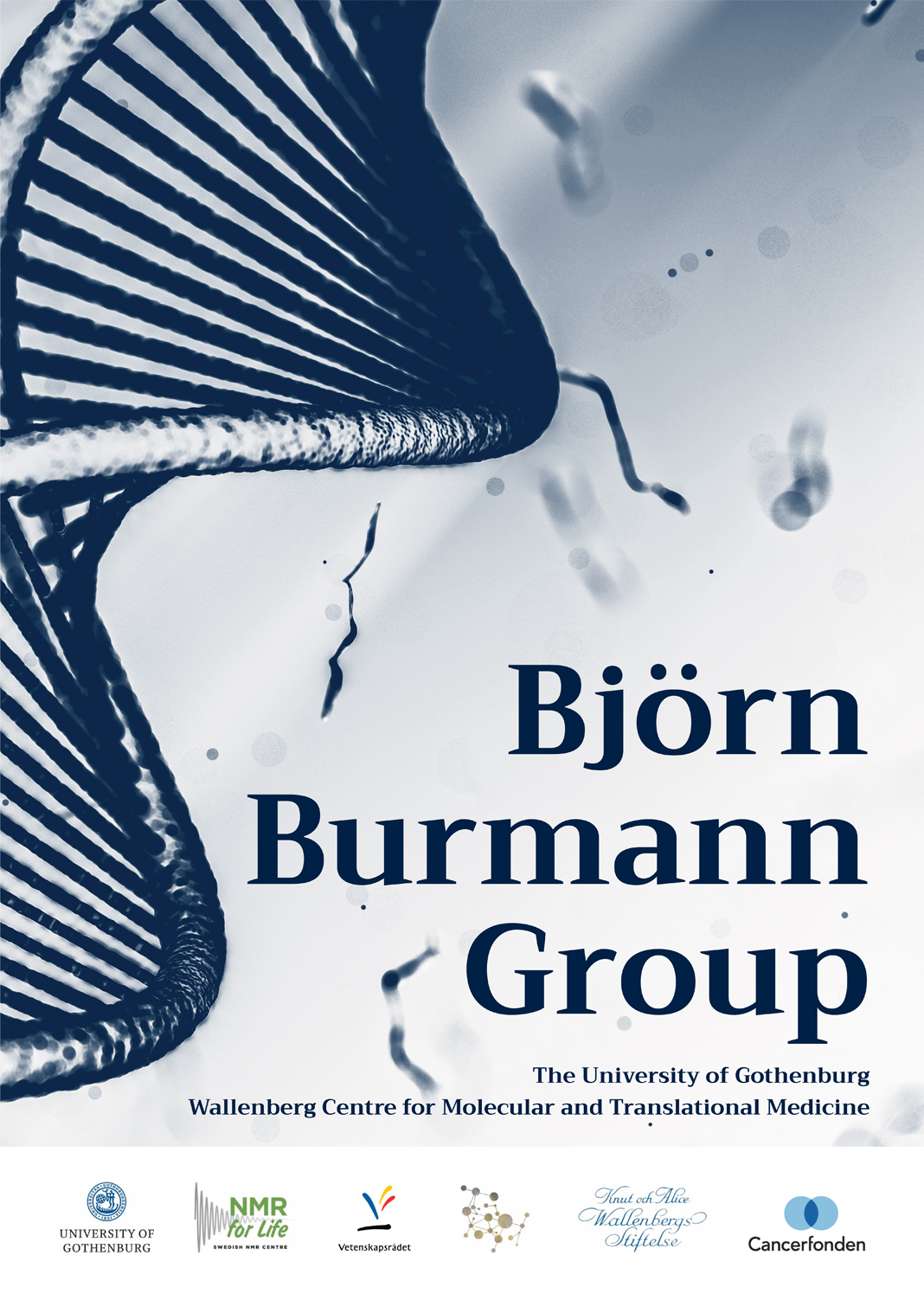Discover how protein function studies at the Burmann Group can further our understanding of disease prevention and genome health.
The Burmann Group at the Wallenberg Centre for Molecular and Translational Medicine, University of Gothenburg, Sweden, investigates macromolecular protein machines, which underly cellular functions. In their latest eBook, the Burmann Group explains how their approach to high-resolution NMR-spectroscopy features a bottom-up methodology, addressing how biophysical rules dictate the dynamics and structural adaptations of cellular proteins.
In this latest eBook, Dr Björn Burmann, Associate Senior Lecturer at University of Gothenburg, examines a wide variety of research areas in the field of molecular biology, such as:
- Protein quality control
- Disease prevention
- Mitochondrial proteases
- Genome health
- Bacterial DNA repair
- NMR-spectroscopy
Burmann also discusses how he and his team used bacterial outer membrane vesicles to perform detailed studies of large proteins at atomic resolution, facilitating future studies that would have not been possible in a direct cellular context.
About the Burmann Group
The main goal of the research conducted by the Burmann Group is to understand the complex structure–dynamic–function relationships of the different systems at the atomic level. By conducting this type of research, the Burmann Group can further our understanding of the dysfunction underlying several neurodegenerative diseases and a large variety of cancer types.
The studies of these large molecular protein complexes (~500–800 kDa) are performed by sophisticated NMR-methods, employing specialised isotope-labelling schemes, in order to be able to derive structural and dynamical adaptions of these complexes at the atomic level in solution. The Burmann Group conduct innovative research in a diverse range of subjects, allowing the team to become experts in protein biochemistry, NMR spectroscopy, isotope labelling, post-translational modifications, and biophysical analysis. The Burmann Group’s research also investigates:
- Protein machinery
- Transcription associated processes
- Neurodegenerative diseases
- Protein folding and misfolding
- Protein allostery
- The development of novel in-situ tools for NMR Spectroscopy
Please note, this article will also appear in the third edition of our new quarterly publication.


